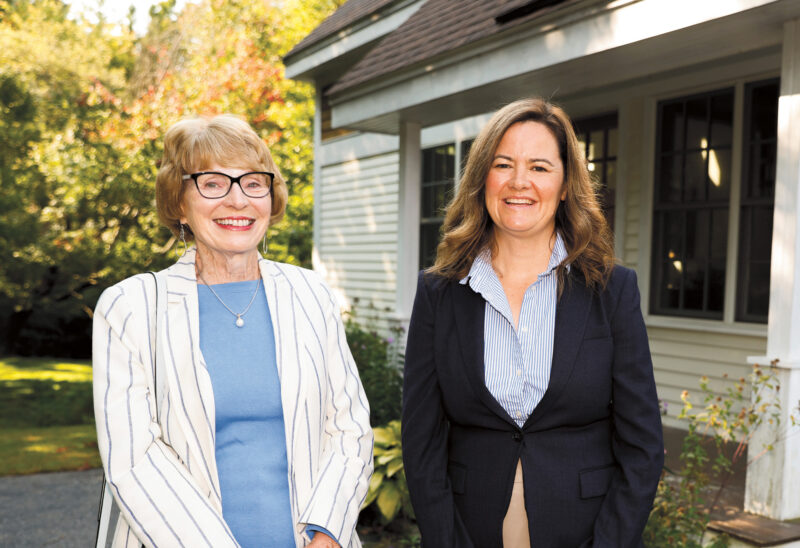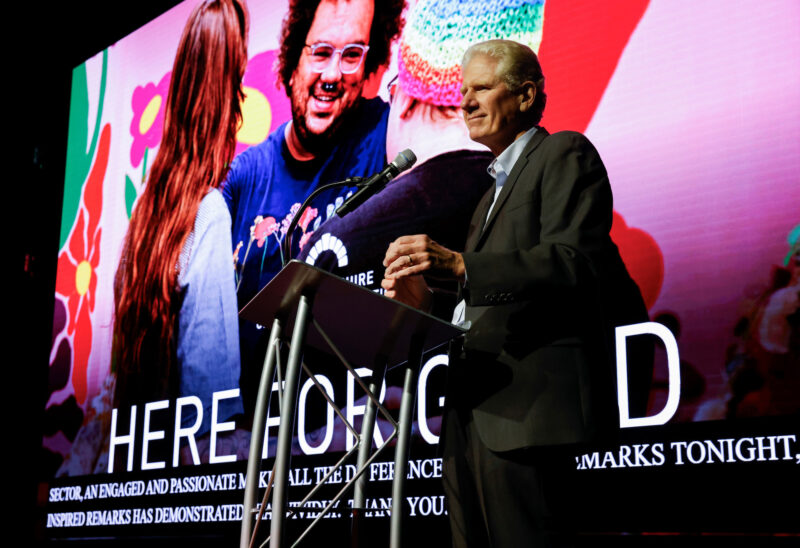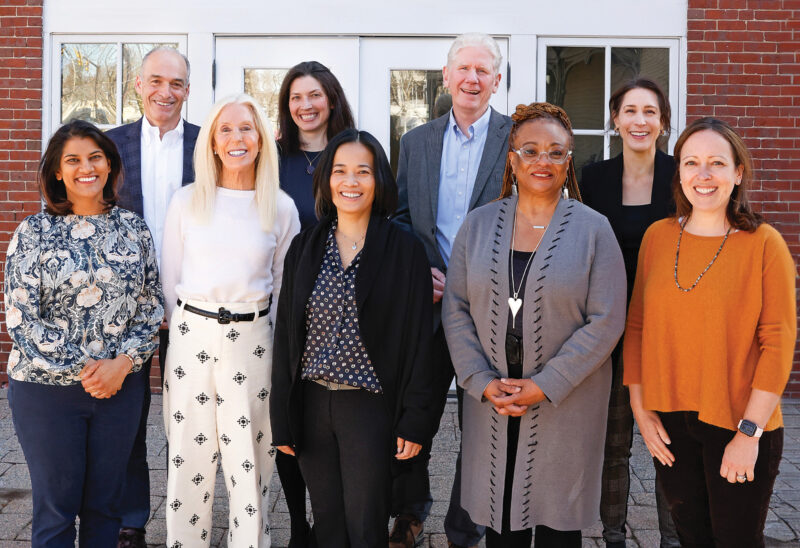Developments in tax law related to philanthropy are often complex, and many do not make headlines.
For professional advisors – including accountants, attorneys, financial advisors and wealth managers – here is recap of five key developments in tax law in 2023 related to charitable giving that are worth keeping an eye on in 2024:
Donations of Cryptocurrency
It’s still a thing! At least a few of your clients are likely still invested in cryptocurrency, despite the whirlwind in that industry over the last year or so. You should know that in early 2023, the IRS published guidance confirming that a taxpayer cannot take a charitable deduction for a gift of cryptocurrency over $5,000 without submitting a qualified appraisal. Cryptocurrency, in the eyes of the IRS, is treated as property, not cash. And it is not a security, either. Note that the IRS also said that a price quotation from a cryptocurrency exchange doesn’t count; a qualified appraisal is still required.
If you have clients interested in donating cryptocurrency to a new or existing fund at the Charitable Foundation, please reach out and we can help facilitate such donations.
Charitable Act
Senate Bill 566, which is still pending, was introduced in early 2023 to address what is sometimes called the “universal charitable deduction,” meaning that even taxpayers who do not itemize their deductions would be able to claim a charitable deduction, potentially in an amount up to one-third of the taxpayer’s standard deduction. Keep an eye on this; the bill enjoys broad support and, if it becomes law, could be beneficial to your clients and the charities they care about.
Proposed regulations
In November 2023, the IRS released a set of proposed regulations concerning donor-advised funds. There was a period of public comment which ended in mid-February. The Charitable Foundation, along with many other community foundations, submitted feedback to the national Council on Foundations on how this would affect our work. You can read the Council on Foundations’ comments to the IRS, which we co-signed with other community foundations, here.
The IRS will take time to review the comments, so we won’t know anything definitive for quite some time. It is worth noting that proposed regulations issued by the IRS are not binding, and often they are revised – or even shelved or canceled entirely – before they go into effect. We will be sure to share more updates when (and if) the proposed regulations go into effect.
Exempt Purpose
It seems that at least once a year, the IRS issues guidance on what it means for an organization to be organized for an exempt purpose under Section 501(c)(3). In Private Letter Ruling 202349014, we are once again reminded that personal activities that have no direct public benefit simply will not be viewed by the IRS as exempt. While private letter rulings are of course not binding, they are nevertheless useful tools to provide to a client to show specific examples of what the IRS considers to be non-exempt. Estate planning attorneys and CPAs tell us that every few months, a client comes to them with an idea for starting a nonprofit, and it’s easier to tell a cautionary tale than it is to recite Internal Revenue Code sections!
NIL Collectives
Since the NCAA opened the opportunity for athletes to receive compensation for use of their name, image and likeness (NIL), the IRS has had a lot to say about it. In addition to offering insights for athlete recipients of NIL dollars, the IRS has also issued guidance pertaining to organizations that help develop NIL opportunities for athletes. These entities, known as “collectives,” seek to raise contributions from a team’s boosters to fund NIL deals, but these contributions may not qualify as “charitable.” This development could be problematic for your clients who believe that their contributions to NIL collectives will qualify for a charitable tax deduction.
This report was compiled by New Hampshire Charitable Foundation staff with material provided by Embolden. This article is informational and educational in nature. It is not offering professional tax, legal, or accounting advice.
For more information about how the New Hampshire Charitable Foundation can help advisors help their clients with charitable giving, please contact Michael DeCristofaro, Foundation director of advisor relations at Zvpunry.QrPevfgbsneb@aups.bet or (603) 225-6641, ext. 251.















![Indrika Arnold, Senior Wealth Advisor, the Colony Group [Photo by Cheryl Senter]](https://www.nhcf.org/wp-content/uploads/2024/05/Indrika-Arnold-Hero-800x534.jpg)


